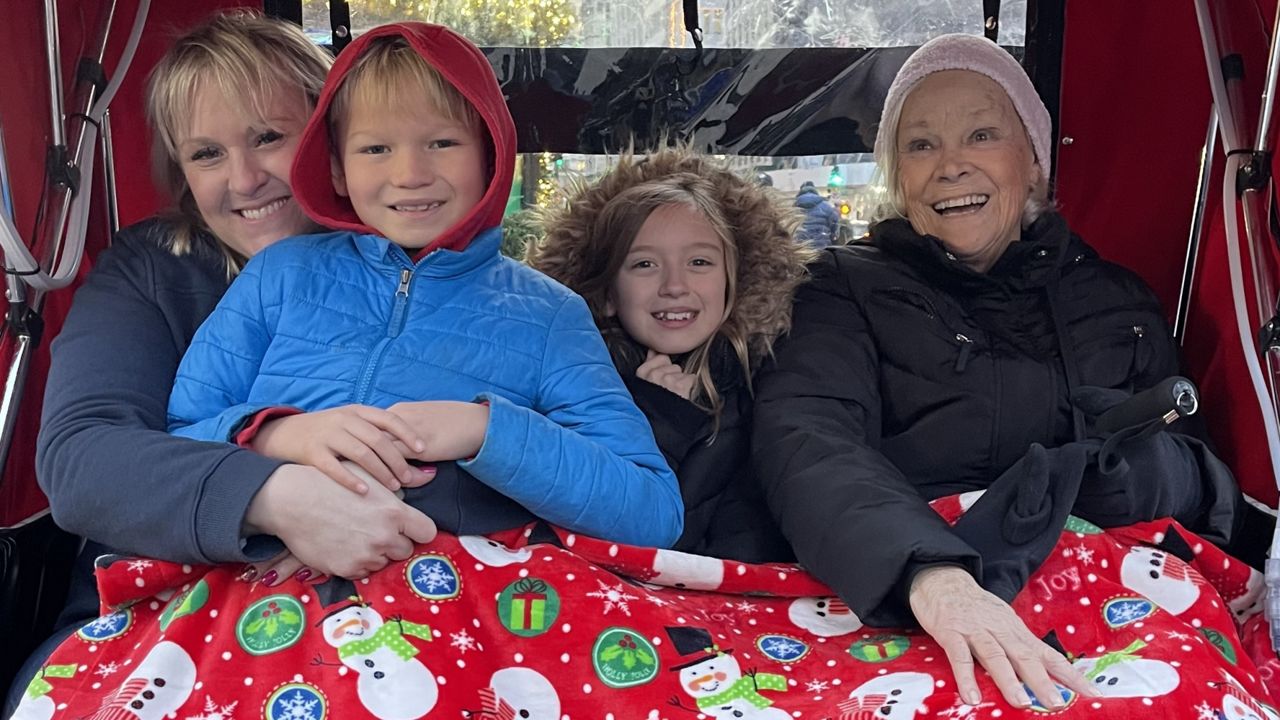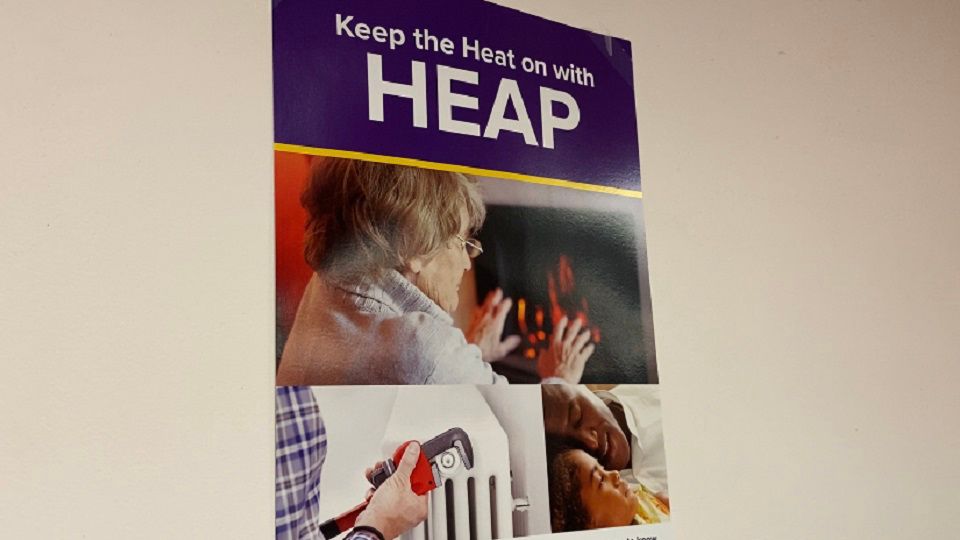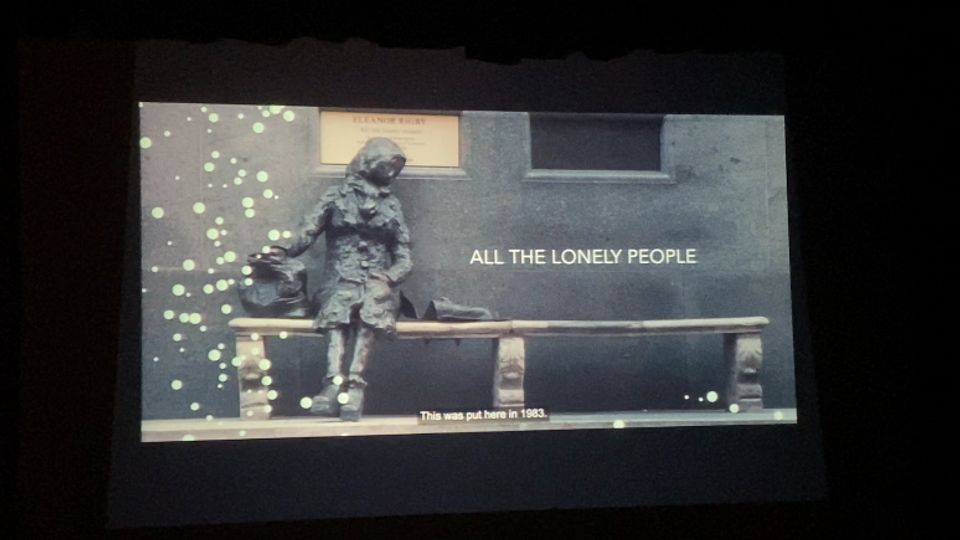Many children are born with rare and often devastating diseases every year.
Among those are leukodystrophies, which affect one out of every 4,700 people. That's according to the Hunter’s Hope foundation.
The organization was founded by Buffalo Bills legend Jim Kelly and his wife Jill after their son Hunter was diagnosed with Krabbe disease. They’ve been working for years to have federal health officials add it to the list of recommended universal screenings for newborns, which could’ve helped save Hunter’s life.
As a Hall of Fame quarterback for the Bills, Jim Kelly was known for his competitive toughness, even when the odds were stacked against him.
"I know I never gave up when I played football," said Jim. "I never gave up on trying to win that Super Bowl even though we never did. We never gave up. It’s about a team."
As a parent, he’s had the same attitude when it comes to helping children facing rare diseases, much like his son Hunter did throughout his life.
"It is about saving these kids' lives and giving them a chance to dream like I was able to do," Jim said.
Hunter Kelly was born on his dad’s birthday — Valentine’s Day, 1997. Jim and his wife Jill were elated.
"The game plan was already done," said Jim. "The script was already written. Hunter was going to wear number 12, be a quarterback."
Sadly, Hunter never had the chance to follow in his dad’s footsteps. At four months old, he was diagnosed with Krabbe's leukodystrophy, an inherited and fatal nervous system disease affecting the white matter of the brain.
"We were told that he wouldn’t live to see his second birthday," said Jill Kelly. "What do you do with that?"
By the time Hunter was diagnosed, it was too late for treatment. Like his famous father, he kept on battling through eight and a half years of struggles.
"His life was filled with suffering," Jill said. "And, you know, 24-hour oxygen, feeding pump, all of the things. And he was never able to smile or talk or do any of the things that we all take for granted."
Since they found out their son had this horrible disease, the Kellys have been fighting to make sure other kids don’t have to go through the same suffering Hunter did.
"Things that we were going to do would not help our son," Jim said. "We already knew that. But we knew that we would never give up on trying to be a difference-maker for kids out there, for families."
Through their Hunter’s Hope foundation, they’ve worked to have Krabbe's leukodystrophy placed on the federally recommended screening panel for newborns. Only 10 states currently test for the disease. Early detection can mean life-saving treatment.
"Every child in our country gets tested at birth for treatable diseases," said Jill. "It’s a heel prick. We all know the heel prick. The baby comes back with a band-aid on its heel. We know this. If you have children you know what I’m talking about."
But getting a disease on the recommended list for testing is an exhaustive process filled with scientific research and personal testimonials reviewed by a federal committee. After that committee voted against adding it in 2009, Hunter’s Hope renominated Krabbe with more evidence from medical and scientific journals. However, earlier this year, the committee again decided against adding it to the list with a tie vote.
"We were devastated," said Jill "I remember we were bawling because we felt that we had done exactly what we were asked to do and we did it more so. We did more than we were asked to do and the evidence was there."
The Kellys don’t why the committee voted against it. They say it shouldn’t come down to cost since the test for Krabbe can be done at the same time as others already on the list. Hunter’s Hope sent a letter to the Secretary of Health and Human Services asking him to break the tie and launched a letter-writing campaign in their appeal.
"Children could be born and get the test and get the treatment," said Jill. "Why are these diseases not added? It doesn’t make any sense."
In the meantime, they’ll continue the fight, working with individual states to add Krabbe, and other treatable conditions, to their newborn screening panels. The Kellys say it’s not just about Krabbe disease, their setback has also been discouraging for people trying to add other diseases to the list.
"We’re not going to stop until every state has that chance, every kid has a chance to dream like I was able to do as a little boy," said Jim.
If you’d like to join the letter-writing campaign to push the Secretary of Health and Human Services to step in to add this disease to the newborn screenings list, you can go to Hunter’sHope.org or look for the link on Jim Kelly’s Instagram page.








